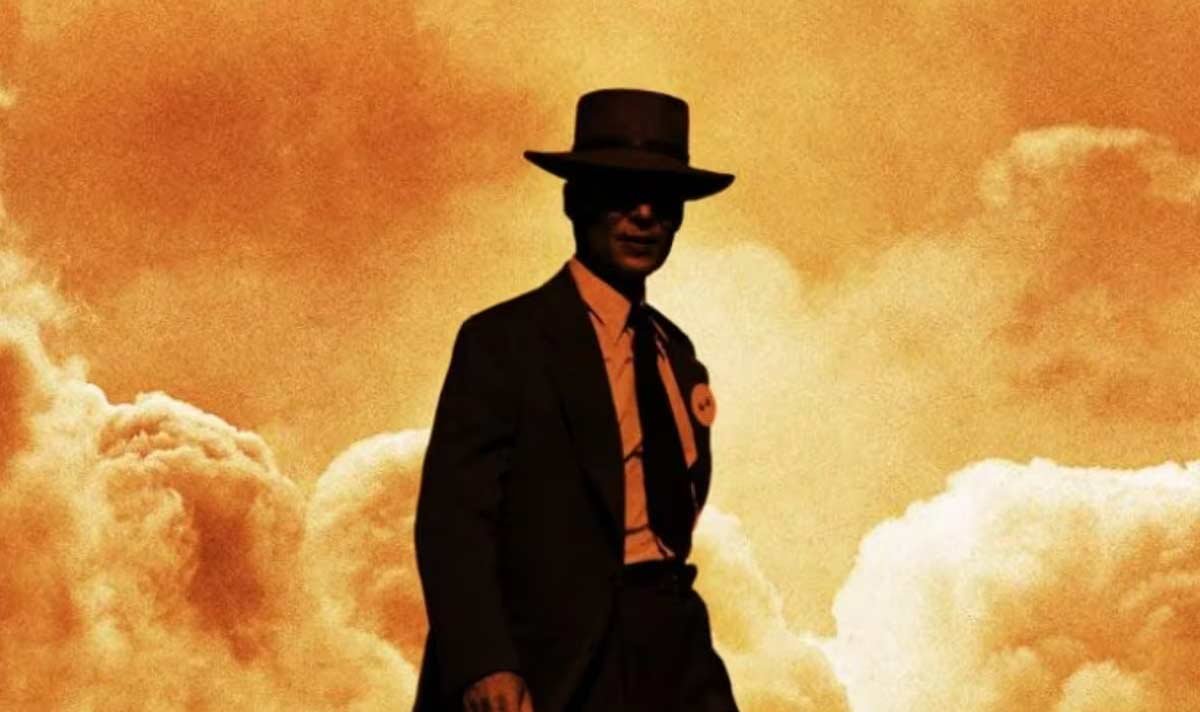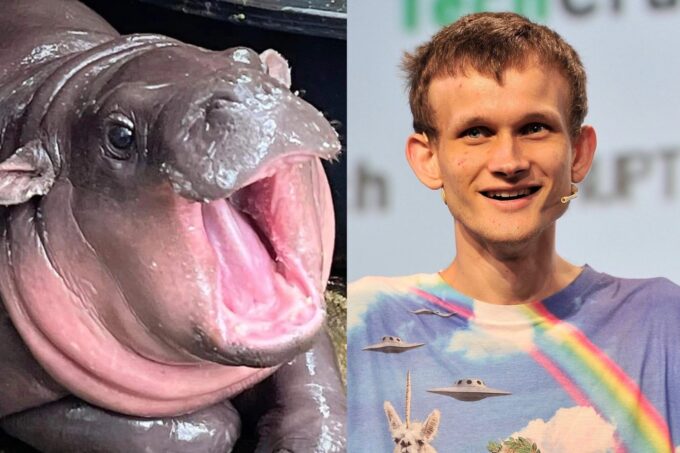Christopher Nolan, the acclaimed British director known for his intricate narratives and visually stunning films, has sparked both curiosity and controversy with his latest epic, “Oppenheimer.” The film chronicles the life of J. Robert Oppenheimer, the brilliant physicist who played a pivotal role in the development of the atomic bomb during World War II. However, one glaring omission has left audiences divided: the absence of the Hiroshima and Nagasaki bombings.
A Subjective Approach
In a recent conversation following a screening of “Oppenheimer” in New York, Nolan defended his decision not to depict the devastating nuclear attacks on Hiroshima and Nagasaki. His rationale? The film adheres to its subject’s specific point of view.
“We know so much more than he did at the time,” Nolan explained. Oppenheimer, like the rest of the world, learned about the bombings through radio broadcasts. By maintaining this perspective, Nolan aimed to immerse viewers in the physicist’s experience, capturing the uncertainty, shock, and moral dilemmas faced by Oppenheimer during those critical moments.
Nolan’s fixation on subjective viewpoints has been a hallmark of his filmmaking strategy since his early features like “Following” and “Memento.” In “Oppenheimer,” this approach is amplified: Oppenheimer’s experiences unfold in color, while the memories of Lewis Strauss, the disgraced U.S. Atomic Energy Commission chairman, appear in black-and-white sequences woven throughout the narrative.
The Moral Compass
The heart of “Oppenheimer” lies in exploring Oppenheimer’s evolving moral compass. The film portrays his initial willingness to encourage bombing targets that would cause mass casualties, demonstrating the bomb’s power. Yet, as the consequences of his work become clearer, Oppenheimer grapples with regret. One pivotal scene finds him admitting to President Harry S. Truman that he has “blood on my hands.” This admission, met with Truman’s disdain, marks a turning point in Oppenheimer’s understanding of the bomb’s impact.
“There’s also a recurring motif,” Nolan added, “that has a lot to do with him closing his eyes. To me, it’s really about staying in his head.” By focusing on Oppenheimer’s internal struggle, Nolan invites viewers to confront the ethical complexities of scientific discovery and its devastating aftermath.
Not a Documentary, but an Interpretation
Nolan emphasizes that “Oppenheimer” is not a documentary; it’s a narrative dramatic interpretation. As a filmmaker, his job is to craft a compelling story that resonates emotionally. By omitting the actual bombings, he challenges audiences to engage with the human side of history, rather than merely witnessing historical events from a detached perspective.
In the end, Nolan’s decision sparks debate, but it aligns with his commitment to storytelling that transcends mere facts. As viewers grapple with the film’s portrayal of Oppenheimer’s journey, they are reminded that history is not just about dates and events—it’s about the people who shaped it.













